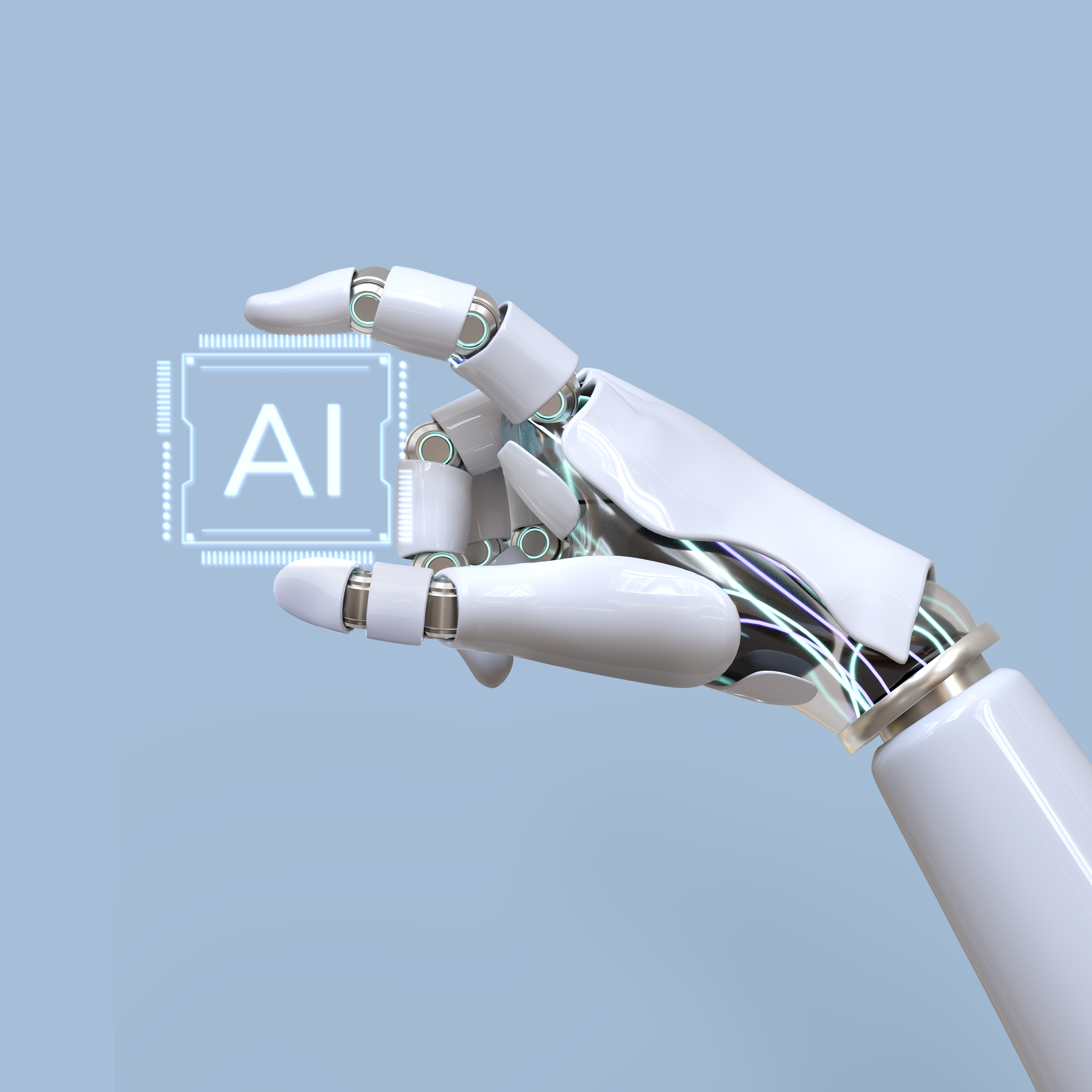As the demand for high-quality software continues to grow, so does the need for efficient and effective testing methodologies. Artificial Intelligence (AI) has emerged as the next big thing in software testing, promising to revolutionize the way we ensure software reliability, reduce testing time, and enhance overall software quality. In this article, we will explore why AI is gaining momentum in the field of software testing and how it can bring significant benefits to software development projects.
The Challenges of Traditional Software Testing
Traditional software testing methods typically involve manual testing, where human testers manually execute test cases to validate the functionality of the software. While manual testing is essential, it has inherent limitations, such as:
- Time-Consuming: Manual testing requires significant time and effort, especially for complex software projects, resulting in longer development cycles and delayed time-to-market.
- Human Error: Human testers may overlook defects or inaccurately execute test cases, leading to undetected bugs and compromised software quality.
- Scalability: As software projects grow in size and complexity, manual testing becomes increasingly challenging to scale and manage effectively.
Repetitive Tasks: Testers often have to repeat the same test scenarios repeatedly, which can be monotonous and may lead to oversight of critical defects.

The Rise of AI in Software Testing
Artificial Intelligence has been gradually disrupting various industries, and software testing is no exception. AI-powered testing tools and techniques leverage machine learning algorithms to analyze vast amounts of data, make data-driven decisions, and continuously improve test coverage. Some of the key applications of AI in software testing include:
- Test Automation: AI allows the creation of intelligent test automation frameworks that can autonomously generate test scripts, identify test cases with the highest priority, and execute test scenarios at scale, reducing the time and effort involved in testing.
- Predictive Analytics: AI can analyze historical testing data to predict potential defects and areas prone to failures, enabling proactive measures to be taken to enhance software reliability.
- Defect Analysis: AI-powered testing tools can analyze defect patterns and provide insights into the root causes, aiding developers in resolving issues efficiently.
- Natural Language Processing (NLP): NLP enables testers to create and execute test cases using natural language, making testing accessible to non-technical stakeholders and fostering collaboration between different teams.
Advantages of AI in Software Testing
Implementing AI in software testing offers several compelling advantages:
- Improved Accuracy: AI-powered testing tools can consistently execute test cases without errors, reducing the chances of overlooking defects and improving overall accuracy.
- Faster Testing Cycles: AI-driven automation can significantly speed up the testing process, allowing developers to release software updates more frequently and respond faster to market demands.
- Increased Test Coverage: AI can efficiently manage a large number of test cases, increasing test coverage and ensuring that more scenarios are tested thoroughly.
- Cost-Effectiveness: While the initial investment in AI testing tools may be higher, the long-term cost benefits are substantial as they reduce the reliance on manual testers and decrease testing time.
- Enhanced Customer Experience: By ensuring higher software quality, AI-powered testing contributes to a positive customer experience, leading to increased user satisfaction and loyalty.
Potential Challenges and Limitations
While AI presents numerous opportunities for software testing, there are certain challenges that need to be addressed:
- Skill Requirements: Implementing AI in testing requires skilled professionals with expertise in both software testing and AI technologies, making it essential to invest in training and upskilling the workforce.
- Test Case Creation: Developing comprehensive AI-based test cases demands careful consideration and expertise to ensure all relevant scenarios are covered.
- Ethical Considerations: AI testing tools must be monitored to avoid biased decision-making or unintended consequences that could adversely affect software quality.
Tool Integration: Integrating AI-powered testing tools into existing development environments may present technical challenges that need to be overcome.

As software development becomes more sophisticated and complex, the integration of Artificial Intelligence in software testing is no longer an option but a necessity. AI offers the potential to overcome the limitations of traditional testing methods, significantly improving software quality, reducing time-to-market, and enhancing the overall customer experience. However, its successful implementation requires careful planning, continuous monitoring, and collaboration among various stakeholders. By embracing AI in software testing, organizations can stay ahead of the competition, deliver robust and reliable software solutions, and embrace the next big revolution in the tech industry.





